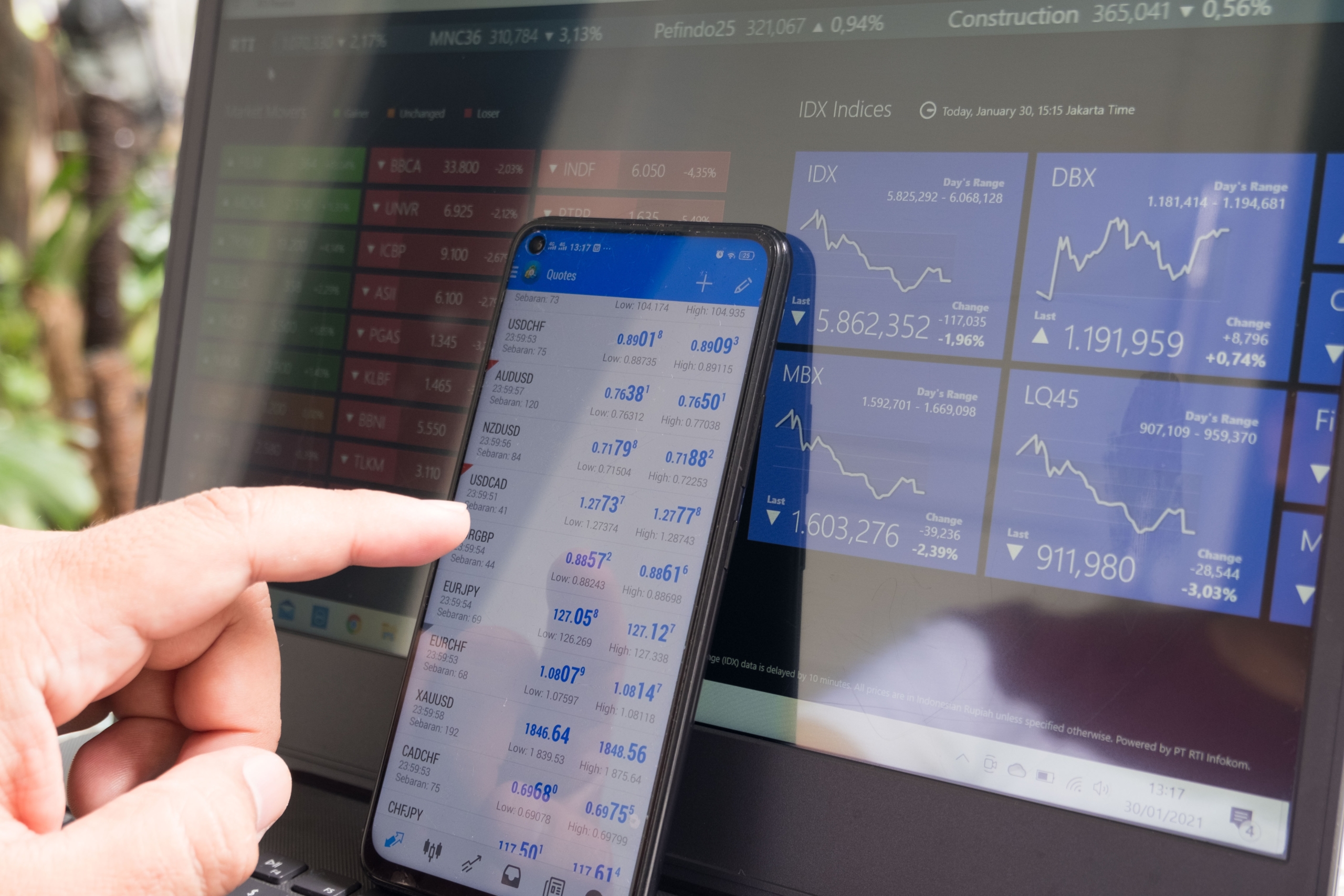
It’s no secret that we’re on the verge of a great recession. What will set apart the high income earners from those experiencing complete loss of income will be the ability to invest wisely during the upcoming recession. And quite frankly, post this recession, we will be in the midst of the longest economic recovery since World War II. But just because times are tough doesn’t mean you should stop investing altogether. In fact, there are plenty of smart ways to invest during a recession that can help you make money even though your finances might be tight. Read on for some investments you might want consider when it feels like everyone else is losing theirs:
Buy stocks on sale
Stocks are an ownership stake in a company, and if you want to own part of a company, you should buy stocks.
Because stock prices fluctuate so much more than other investments, they’re often purchased on sale. If a stock price falls below its intrinsic value (the value of what the company actually owns), it’s considered to be “undervalued” and therefore ripe for the picking. For example, if you’ve done your research on Coca-Cola (KO) and concluded that it has more cash than debt and is poised for growth due to its international distribution network and well-known brand name, then buying KO stock when it’s priced below $50 per share might strike you as wise—especially since KO shares can be bought on margin (leverage), making them potentially even more profitable than they would be with no leverage at all!
But don’t forget that just because something costs less doesn’t mean it’s always going to perform better than something else in every market environment—or at least not as well as whatever else might suit your particular investment goals better at any given time.
Increase small business investments
When the economy starts to look bleak, you may be tempted to cut back on your spending, but this is not a time to panic. Instead of lining up at the unemployment office or resigning yourself to a lifetime of ramen noodles, you should consider investing in small businesses.
Small businesses are more likely to survive recessions than large corporations and they’re also more likely to create jobs. Small business owners are often innovators who bring new products and services on the market—and they tend to be family owned instead of run by faceless stockholders. That’s good news for future generations: when one generation passes down their business (or sells it), they can pass down their knowledge along with it.
If you’re thinking about investing in small businesses, here are some tips to help you get started: -Don’t wait until a recession hits before you start looking for investments. You should be monitoring the economy and keeping an eye on local business news every day. By staying on top of things, you’ll be ready when opportunities arise. -Look for businesses with good management teams, talented employees and loyal customers. These factors will make it easier for your investment to succeed over time even if there’s an economic downturn.
Consider holding on to real estate investments
If you are interested in investing in real estate, consider holding on to your investments. Real estate is one of the best investments for your money as it can be used as collateral for loans, generate rental income, and provide appreciation. Additionally, there are tax advantages associated with real estate investments.
There are many different types of real estate investments, including: -Rental properties -Commercial properties (such as office buildings) -Vacation homes
-Homes for sale -Commercial property -Residential property (such as a house) -Multifamily properties.
Invest in precious metals
Precious metals like gold, silver and platinum are considered to be a good investment during recessions. These metals are not affected by inflation and they are considered a safe investment. Precious metals do not lose value during recessions because people buy them as an insurance policy against their other investments losing value.
Precious metals are considered a good investment because they are not affected by inflation. When the economy is doing well and there is more money in circulation, prices go up.
Buy bonds and CDs
When you purchase bonds, you are lending money to a government or a company. In return, they pay you interest. CDs are savings accounts that earn a fixed amount of interest each year and also have penalties if withdrawn early.
To find the best rates on these investments, an online investment tool called Cointracking can help with this process by alerting you when your money is moving towards high-risk investments or away from low-risk ones. If this is something that interests you, start by opening an account at Cointracking and linking it to your bank account (or accounts). Then input all of your transactions into the app so that it can track where exactly your money goes and alerts you when there’s an opportunity to move some cash around for better returns.
Nuanced approach:
A recession can be a bad time to invest when your money is most needed for keeping a job, business or simply paying bills!
You might think that a recession is a good time to invest your money, but if you’re going through a period of unemployment or underemployment, it’s very likely that you don’t have the time or energy to watch over investments. You’ll need to be able to pay bills and keep yourself afloat financially until your next paycheck. This is especially true if you have children and are responsible for providing food and shelter for them.
It isn’t advisable for an investor who doesn’t have regular income from employment (or even one who does) to make major changes in his portfolio during times of economic uncertainty.
In conclusion, there are many ways to invest during a recession, but the most important thing is to stay calm and take your time. If you’re worried about money, don’t make any rash decisions. You may end up losing everything.


